If you loved the unique blend of mystery, humor, and cultural insight in 'Chan Is Missing' (1982), you're in for a treat! This article explores 10 similar movies and shows that capture the same indie spirit, witty storytelling, and exploration of identity. Whether you're a fan of offbeat mysteries or character-driven narratives, these picks will keep you entertained.
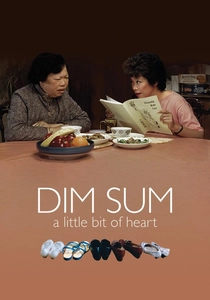
Dim Sum: A Little Bit of Heart (1985)
Description: Explores the lives of Chinese-American families in San Francisco, blending humor and heartfelt moments while addressing generational and cultural gaps.
Fact: One of the first American films to depict the Chinese-American experience with authenticity and warmth. The film was shot on a modest budget but received critical acclaim for its intimate storytelling.
 Watch Now
Watch Now 
Eat a Bowl of Tea (1989)
Description: A poignant look at post-World War II Chinese-American communities, focusing on themes of tradition, identity, and the immigrant experience.
Fact: Based on the novel by Louis Chu, it was one of the first films to portray New York's Chinatown with depth and realism. The film's title refers to a Chinese saying about enduring hardship.
 Watch Now
Watch Now 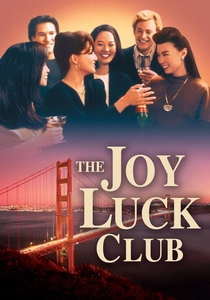
The Joy Luck Club (1993)
Description: Delves into the complex relationships between Chinese immigrant mothers and their American-born daughters, weaving together multiple narratives of cultural conflict and reconciliation.
Fact: Adapted from Amy Tan's bestselling novel, the film was a breakthrough for Asian-American representation in Hollywood. It was one of the first mainstream films to feature an all-Asian principal cast.
 Watch Now
Watch Now 
Blue in the Face (1995)
Description: A loose, improvisational companion piece that continues exploring the vibrant neighborhood atmosphere and eccentric characters of a Brooklyn community.
Fact: Filmed in just six days immediately after completing 'Smoke,' the movie blends scripted scenes with documentary-style interviews of real Brooklyn residents.
 Watch Now
Watch Now 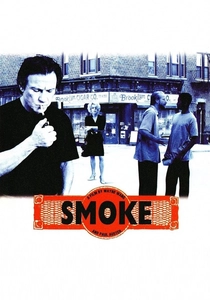
Smoke (1995)
Description: A character-driven anthology film set in Brooklyn, capturing the everyday lives and interconnected stories of diverse urban residents with a gentle, observational style.
Fact: The film features a cameo by novelist Paul Auster, who also co-wrote the screenplay. Much of the dialogue was improvised by the actors.
 Watch Now
Watch Now 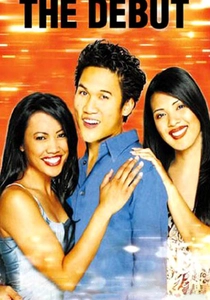
The Debut (2000)
Description: Centers on a Filipino-American teenager navigating cultural expectations and personal identity during his family's traditional debut party celebration.
Fact: Considered a landmark in Filipino-American cinema, the film was made with a largely unknown cast and became a surprise hit through word-of-mouth in the community.
 Watch Now
Watch Now 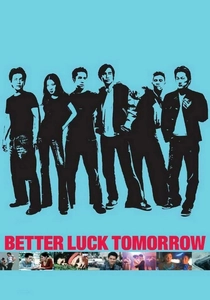
Better Luck Tomorrow (2002)
Description: Subverts Asian-American stereotypes by portraying overachieving high school students who become involved in criminal activities, blending dark comedy with social commentary.
Fact: The film gained attention when a studio executive at Sundance questioned whether Asian-Americans could be portrayed negatively, prompting director Justin Lin to defend artistic freedom.
 Watch Now
Watch Now 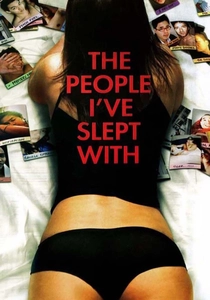
The People I've Slept With (2009)
Description: A sex comedy that explores relationships and identity within the Asian-American community, using humor to address cultural taboos and expectations.
Fact: The film's lead character was one of the first sexually liberated Asian-American women protagonists in American cinema. It premiered at the Los Angeles Asian Pacific Film Festival.
 Watch Now
Watch Now 
Linsanity (2013)
Description: A documentary that chronicles the unexpected rise of an Asian-American basketball player, examining themes of race, perseverance, and cultural representation in sports.
Fact: The film includes never-before-seen footage of Jeremy Lin's high school and college basketball career. It was partially funded through a successful Kickstarter campaign.
 Watch Now
Watch Now 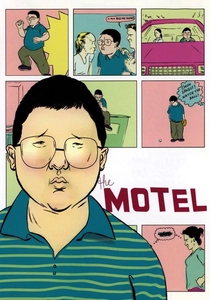
The Motel (2005)
Description: A coming-of-age story about a Chinese-American boy working at his family's rundown motel, capturing the awkwardness of adolescence with both humor and pathos.
Fact: The film was shot in just 19 days on a microbudget. It won the Humanitas Prize for screenwriting that promotes human dignity and meaning.
 Watch Now
Watch Now 








